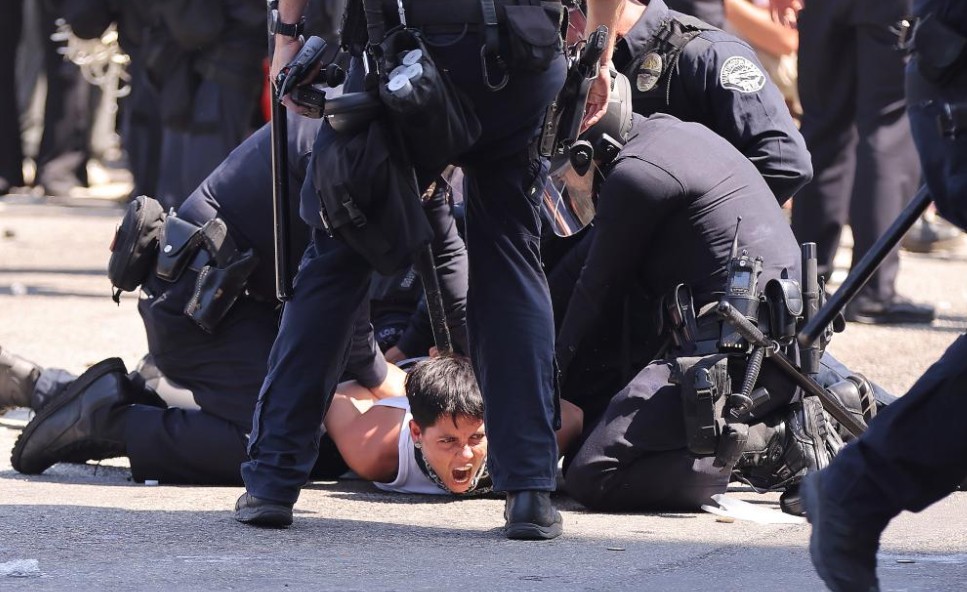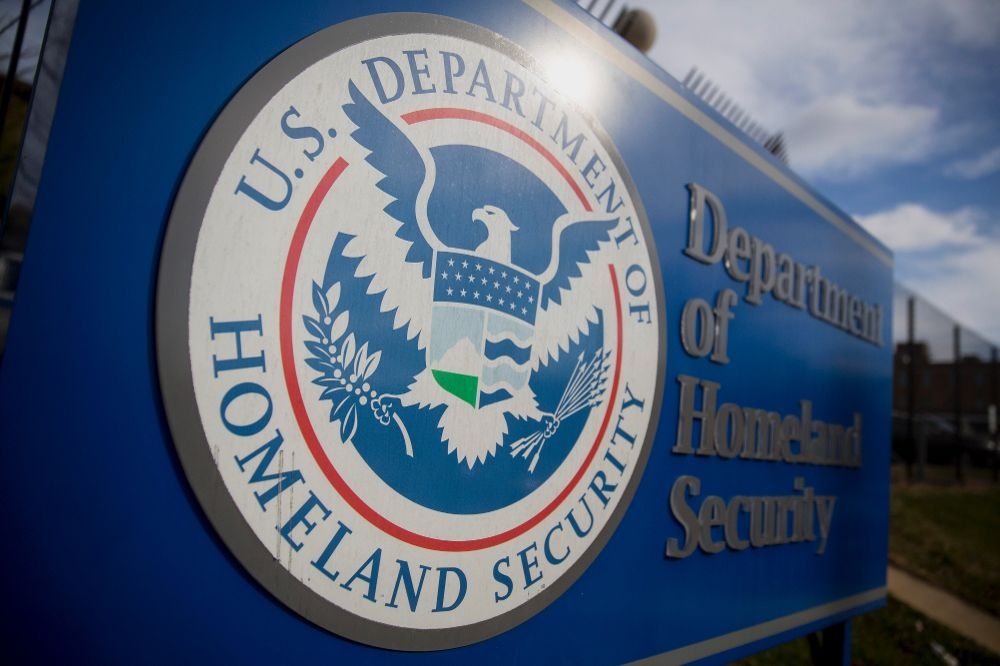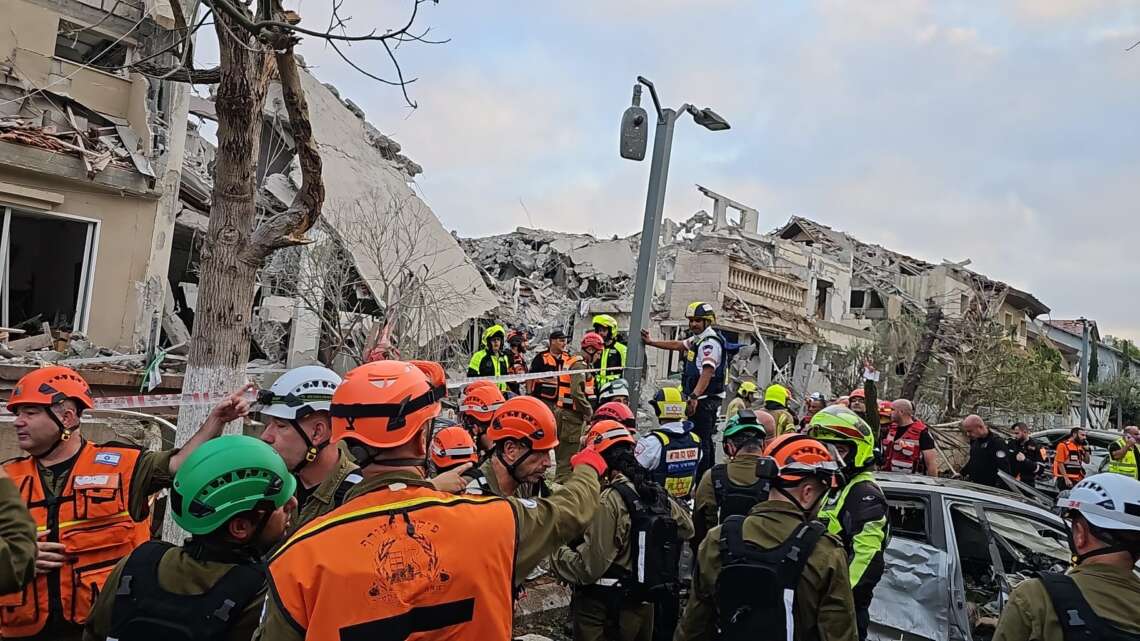Shift in deportation strategy follows public backlash, industry pressure, and mass arrests across Los Angeles
President Donald Trump has reportedly ordered a suspension of immigration enforcement operations in the agricultural sector, hotel industry, and restaurants, following intense protests and political blowback in California. The move represents a significant pivot in the administration’s mass deportation campaign, which has faced growing opposition from both business leaders and immigrant rights groups.
According to a report by The New York Times, the directive came through an internal email circulated on Thursday by Tatum King, a senior official with US Immigration and Customs Enforcement (ICE). The message instructed ICE regional leaders to “hold on all work site enforcement investigations/operations” in sectors critical to the US economy — including aquaculture, meatpacking, hospitality, and food services.
The only exceptions, the email noted, are ongoing investigations involving serious crimes such as human trafficking, money laundering, and narcotics smuggling. Agents were also instructed not to detain undocumented individuals without criminal records, referred to internally as “noncriminal collaterals.”
The White House has not formally commented on the policy change, but the Department of Homeland Security (DHS) confirmed the development.
“We will follow the President’s direction and continue to work to get the worst of the worst criminal illegal aliens off of America’s streets,” DHS spokesperson Tricia McLaughlin said in a statement.
The apparent reversal follows days of unrest in Southern California, where immigration raids ignited mass protests, violent clashes with law enforcement, and a legal standoff between California state officials and the federal government.
On Monday, ICE operations across Santa Ana — a city of over 300,000 and the heart of Orange County — targeted alleged undocumented immigrants, prompting hundreds to gather outside a federal building that houses ICE offices. Protesters carried signs, waved flags, and shouted slogans against what they saw as racially charged and aggressive enforcement tactics.
What began as a peaceful demonstration escalated into chaos after federal agents reportedly fired on protesters. The use of force led to injuries, arrests, and a swift legal response from California authorities.
California’s Attorney General and Governor’s office jointly announced a lawsuit against the Trump administration, arguing that the deployment of 2,000 California National Guard troops to Los Angeles was unconstitutional because it was carried out without the state’s consent.
By Thursday night, the Los Angeles Police Department (LAPD) confirmed that nearly 400 people had been arrested or detained since Saturday in connection to immigration-related demonstrations. This included 330 undocumented migrants and 157 others arrested for assault, obstruction, and curfew violations. On the first night of the city’s newly imposed curfew, 203 individuals were arrested for failure to disperse, and 17 were held for breaking curfew rules.
Among those detained were day labourers reportedly targeted during raids — a claim that further fuelled outrage. “It appeared ICE was targeting workers just trying to earn a living,” said Orange County Supervisor Vicente Sarmiento in an interview with the Orange County Register. “This is not only unjust, it’s destabilising our communities.”
Behind the scenes, Trump’s decision appears to have been driven by practical concerns as much as political optics. Industries critical to the US economy — especially food production and hospitality — rely heavily on immigrant labour. Senior White House advisers reportedly warned the President that continuing large-scale raids in those sectors could cause significant economic disruption and alienate business allies.
A senior administration source told The Times that Trump “doesn’t want to lose” the support of key constituencies — an implicit reference to the agricultural lobby, hotel associations, and restaurant owners who have traditionally backed Republican policies but now find themselves caught in the immigration dragnet.
The temporary pause on workplace raids, however, does not signal a complete rollback of the administration’s hardline immigration agenda. Homeland Security officials have insisted that enforcement will continue to focus on individuals with criminal records, national security risks, or ties to transnational crime.
Still, for many immigrant families and advocacy groups, the announcement offers a temporary reprieve from the fear that has gripped communities in recent weeks.
Whether the pause becomes a permanent policy shift remains to be seen. For now, Trump appears to be recalibrating — not retreating — as he walks a political tightrope between enforcing his immigration pledges and managing domestic fallout.











